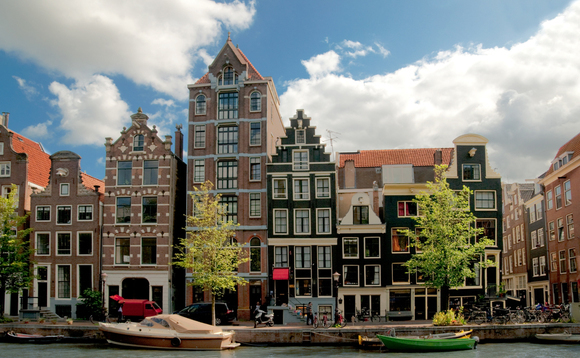
Benelux private equity's 2012 highlights

The Benelux region had a relatively quiet 2012 and little deal activity is expected until the broader European economy improves. However, the deal dearth was eclipsed by other events, including the clean-up of Belgium’s banking sector, the Dutch elections and Europe's most significant IPO since mid-2011.
Ziggo floated by Cinven and Warburg Pincus – In March, Cinven and Warburg Pincus floated Dutch cable operator Ziggo on the NYSE Amsterdam. The IPO of the €3bn business was set to raise €664-745m for the company, making it Europe's largest public offering since July 2011. At a final initial price of €21.20 per share, the IPO raised €922m, providing capital for an initial dividend payout of €220m. In May, Ziggo issued a bond to repay its debts. At the time of the IPO, Ziggo was supplying 56% of the Dutch population with cable TV, totalling 3 million subscribers in 4.2 million homes across the country.
Region sees two major take-privates – Benelux also saw the second and third largest take private deals of 2012. In January, Waterland Private Equity acquired Belgian over-the-counter pharmaceuticals company Omega Pharma. The deal valued the company, which had been floated on the NYSE Euronext Brussels in 1998, at €848m. Only Vista Equity Partners' take-private of British software company Misys was higher in value. Ranking third was Advent International's delisting of medical supplies business Mediq from the NYSE Euronext Amsterdam, valuing the company at €775m.
Blackstone buys Intertrust in SBO – Blackstone provided the year's last big deal for the region in December, acquiring tax consultancy Intertrust for €675m from Waterland Private Equity. Blackstone won the deal after a bidding war with Cinven, Pamplona, Carlyle and Goldman Sachs Private Equity.
Belgium restructures its banking industry – After Belgium's banking sector had been struck hardest among its northern European neighbours, 2012 continued the clean-up of the Belgian financial sector. Franco-Belgian bank Dexia first sought a bailout in 2008, after losing money through the collapse of Lehman Brothers as well as the Icelandic banking sector and the Ponzi scheme of Bernie Madoff. The €6.4bn capital injection was funded by the French, Belgian and Luxembourgian government, as well as regional governments. As part of the bailout, Dexia agreed a significant downsizing of its operations. In December 2012, Hong Kong-based GCS Capital acquired Dexia Asset Management for approximately €380m. Dexia had put the unit up for sale in June, hoping to sell for as much as €750m. During the bidding war between GCS and Chinese private equity firm Hony Capital, the transaction value was still expected to be €500m.
Belgian multichannel bank KBC experienced a similar fate to Dexia, and received a bailout. Under agreements with the European Commission, KBC is required to reduce its risk-weighted assets and refocus on its core capabilities. In 2011, the group already sold insurance unit Fidea to American private equity buyer JC Flowers. In 2012, KBC Private Equity sold the vast majority of its portfolio to KeBeK Management, established by the former KBC PE management and supported by LGT Capital Partners. KBC PE had been divesting its portfolio since July 2010, but decided that it was too early to sell the remaining holdings, triggering the founding of KeBeK.
Financial regulation plays major role in Dutch election – The Netherlands held a general election in 2012, the fifth time since the turn of the century, after the government collapsed due to disagreements over tax policies and budget cuts. In the run up to the elections in September, investors were expected to exercise caution regarding investments in the region after far-right politician Geert Wilders had risen in popularity, though he was defeated on election day. The new government, formed by prime minister Mark Rutte's liberal VVD party of and the labour party, is expected to push for tighter financial regulation. VVD wants to limit risks taken by financial institutions and impose more supervision of financial products, while its coalition partner wants to increase taxes paid by financial institutions, including a new financial transaction tax. At this point, no new legislation has been agreed on.
Latest News
Stonehage Fleming raises USD 130m for largest fund to date, eyes 2024 programme
Sponsor acquired the public software group in July 2017 via the same-year vintage Partners Group Global Value 2017
Stonehage Fleming raises USD 130m for largest fund to date, eyes 2024 programme
Czech Republic-headquartered family office is targeting DACH and CEE region deals
Stonehage Fleming raises USD 130m for largest fund to date, eyes 2024 programme
Ex-Rocket Internet leader Bettina Curtze joins Swiss VC firm as partner and CFO
Stonehage Fleming raises USD 130m for largest fund to date, eyes 2024 programme
Estonia-registered VC could bolster LP base with fresh capital from funds-of-funds or pension funds








